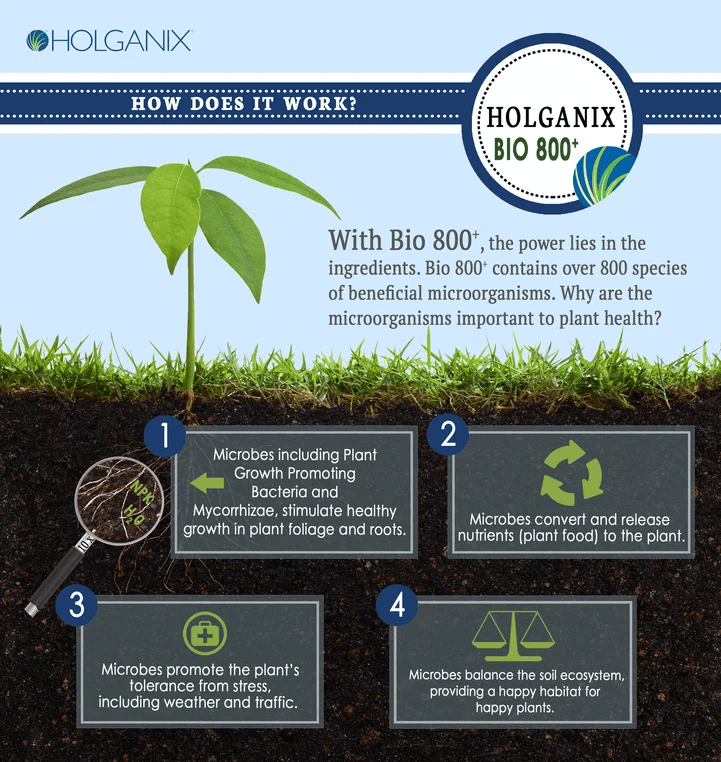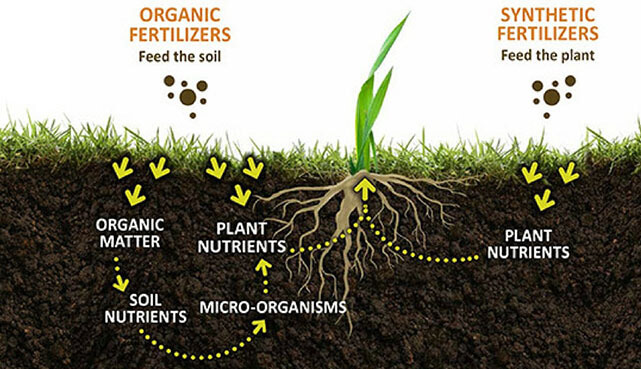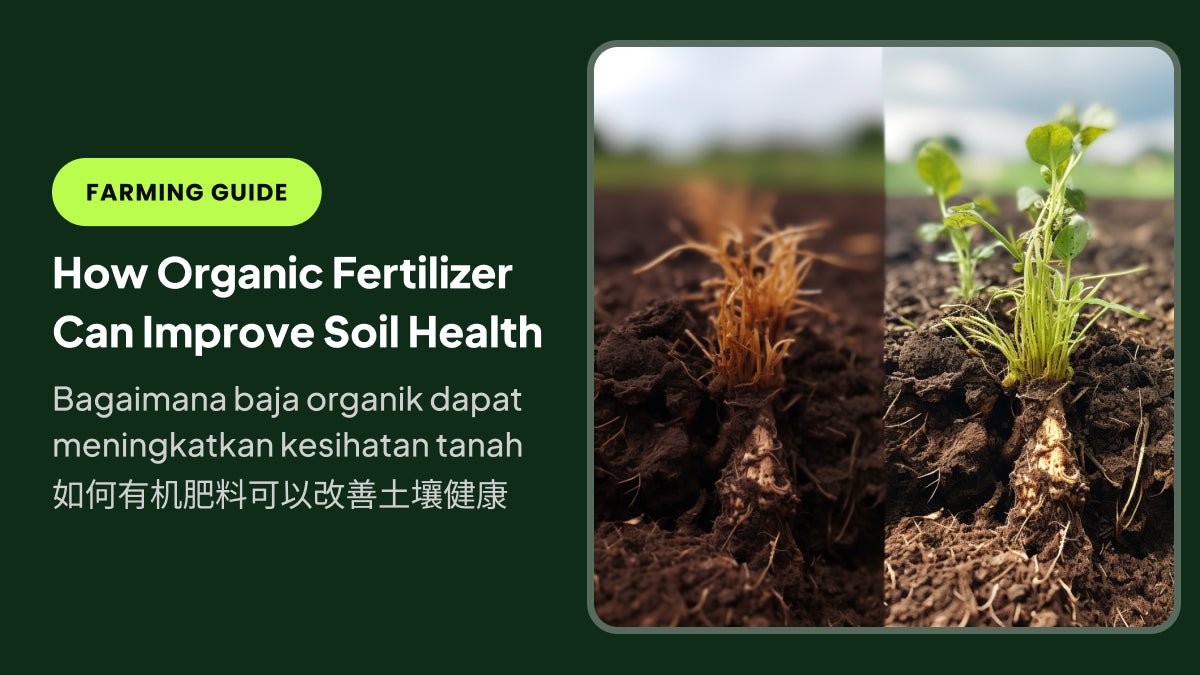This post may contain affiliate links which means I may receive a commission for purchases made through links. Learn more on my Private Policy page.
Welcome to a quick guide on how to boost the effectiveness of organic fertilizers in your garden! By following a few simple tips and tricks, you can maximize the benefits of using natural fertilizers to promote healthy and vibrant plant growth. From proper application techniques to incorporating compost into your soil, these top ways will help you get the most out of your organic fertilizers. Let’s dive in and make your garden thrive! Have you ever wondered how to get the most out of your organic fertilizers for your garden or crops? You may already be familiar with the benefits of using organic fertilizers, but there are ways to boost their effectiveness even further. In this article, we will explore the top ways to enhance the effectiveness of organic fertilizers so that you can maximize your yields and promote healthy growth for your plants. Let’s dive in and discover how you can take your organic gardening to the next level.

Understanding the Basics of Organic Fertilizers
Before we delve into how to enhance the effectiveness of organic fertilizers, let’s first understand what organic fertilizers are and how they differ from synthetic fertilizers. Organic fertilizers are derived from natural sources such as plants, animal waste, or minerals, and they provide essential nutrients to plants in a slow-release form. These nutrients are broken down by soil microbes and released gradually over time, promoting healthy soil structure and improving plant growth.
Difference Between Organic and Synthetic Fertilizers
Organic fertilizers are made from natural ingredients and contain a wide range of nutrients that are beneficial for plant growth. In contrast, synthetic fertilizers are manufactured using chemical compounds and provide a more concentrated source of nutrients. While synthetic fertilizers can deliver quick results, they can also deplete the soil of beneficial microbes and organic matter over time. Organic fertilizers, on the other hand, improve soil health and fertility in the long run.
Top Ways to Enhance the Effectiveness of Organic Fertilizers
Now that we have a better understanding of organic fertilizers, let’s explore the top ways to enhance their effectiveness in your garden or farm. By following these tips, you can maximize the nutrient uptake by your plants, promote healthy soil biology, and achieve better overall results.
Soil Testing and Analysis
One of the most important steps in effectively using organic fertilizers is to conduct a soil test to determine the nutrient levels in your soil. By knowing the specific deficiencies in your soil, you can tailor your organic fertilizer applications to meet the needs of your plants. Soil tests can also help you avoid over-fertilization, which can lead to nutrient imbalances and environmental pollution.
Choosing the Right Organic Fertilizers
There are many types of organic fertilizers available on the market, each with its own nutrient composition and release rate. When selecting organic fertilizers for your plants, consider the specific needs of your crops, the soil conditions, and the growth stage of your plants. For example, some organic fertilizers are high in nitrogen and are suitable for promoting leafy growth, while others are rich in phosphorus and are ideal for flowering and fruit production.
Composting for Nutrient-Rich Soil
Composting is an excellent way to create nutrient-rich soil amendments that can enhance the effectiveness of organic fertilizers. By composting organic materials such as kitchen scraps, yard waste, and manure, you can create a natural fertilizer that is rich in organic matter, beneficial microbes, and essential nutrients. Adding compost to your soil can improve its structure, increase water retention, and promote healthy microbial activity.
Mulching to Retain Moisture and Nutrients
Mulching is another technique that can help enhance the effectiveness of organic fertilizers by retaining moisture and nutrients in the soil. Mulch acts as a protective layer on the soil surface, preventing water evaporation, reducing weed growth, and regulating soil temperature. Organic mulches such as straw, wood chips, or grass clippings can decompose over time and release nutrients into the soil, further enriching it and supporting plant growth.
Crop Rotation and Cover Cropping
Crop rotation and cover cropping are sustainable farming practices that can enhance the effectiveness of organic fertilizers and improve soil health. By rotating crops seasonally, you can prevent nutrient depletion, reduce pest and disease pressure, and enhance the overall fertility of the soil. Cover cropping involves planting specific crops during the off-season to cover and protect the soil, fix nitrogen, and improve soil structure. These practices can help maintain a balanced nutrient cycle and promote long-term sustainability in your garden or farm.
Applying Organic Fertilizers at the Right Time
Timing is crucial when it comes to applying organic fertilizers to your plants. To maximize their effectiveness, apply organic fertilizers at the right time during the growing season when your plants need them the most. For example, applying nitrogen-rich fertilizers during the early stages of plant growth can promote healthy leaf development, while phosphorus-rich fertilizers are best applied during flowering or fruiting stages to support reproductive growth. By timing your fertilizer applications correctly, you can ensure that your plants receive the nutrients they need when they need them the most.
Using Organic Fertilizer Blends
In some cases, using a blend of different organic fertilizers can be more effective than using a single type of fertilizer. Blending organic fertilizers with different nutrient profiles can provide a balanced mix of nutrients that meet the specific needs of your plants. For example, combining nitrogen-rich fertilizers with phosphorus-rich fertilizers can promote both vegetative growth and flowering/fruiting stages. Experiment with different fertilizer blends to find the optimal mix that works best for your plants.
Incorporating Beneficial Microorganisms
Beneficial microorganisms play a crucial role in soil health and plant growth by breaking down organic matter, releasing nutrients, and suppressing harmful pathogens. By incorporating beneficial microorganisms into your soil through inoculants or compost teas, you can enhance the effectiveness of organic fertilizers and improve overall plant health. Beneficial microorganisms can help increase nutrient availability, boost root development, and protect plants from diseases, ultimately leading to better yields and healthier crops.
Monitoring Plant Health and Growth
To ensure the effectiveness of your organic fertilizers, it’s important to monitor the health and growth of your plants regularly. Keep an eye on the color, size, and overall vitality of your plants to determine if they are receiving the right nutrients. If you notice any signs of nutrient deficiencies, such as yellowing leaves, stunted growth, or poor fruit set, adjust your organic fertilizer applications accordingly. By staying proactive and attentive to your plants’ needs, you can fine-tune your organic gardening practices and achieve optimal results.
Sustainable Practices for Long-Term Success
Incorporating sustainable practices into your organic gardening routine can help enhance the effectiveness of organic fertilizers and promote long-term success. Sustainable practices such as water conservation, soil conservation, crop diversity, and biodiversity can support healthy soil ecosystems, reduce environmental impact, and enhance the resilience of your plants. By adopting sustainable gardening practices, you can create a more balanced and harmonious relationship with nature and achieve sustainable yields for years to come.

Conclusion
In conclusion, there are numerous ways to enhance the effectiveness of organic fertilizers and maximize their benefits for your garden or farm. By understanding the basics of organic fertilizers, choosing the right products, implementing sustainable practices, and monitoring plant health, you can promote healthy soil, improve nutrient uptake, and achieve better overall results. Incorporate these top ways to enhance the effectiveness of organic fertilizers into your gardening practices, and watch your plants thrive and flourish in a natural and sustainable way. Happy gardening!

This post may contain affiliate links which means I may receive a commission for purchases made through links. Learn more on my Private Policy page.
